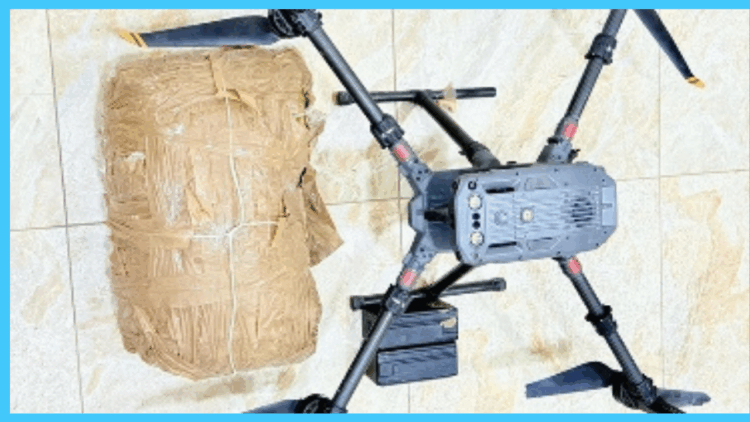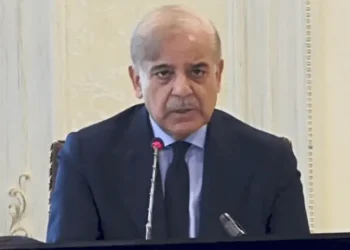ISLAMABAD; The Supreme Court on Wednesday rejected a bail plea filed by an accused allegedly involved in cross-border drug smuggling through drones, citing the severity of the crime and the likelihood of flight risk.
A two-member bench headed by Justice Hassan Azhar Rizvi, and comprising Justice Naeem Akhtar Afghan, heard the case. The bench was informed by the Anti-Narcotics Force (ANF) counsel that a drone and 10 kilograms of heroin had been recovered from the suspect. He further revealed that a Punjab police official was also allegedly complicit in the smuggling operation.
Justice Naeem Akhtar Afghan observed that drones are increasingly being used in narcotics trafficking, particularly along the Pakistan-India border. “Narcotics are dropped across the border into India using drones. Influential people are often behind these operations. If bail is granted, the accused may abscond,” the judge remarked.
The accused’s counsel argued that his client should be granted bail, saying, “If punishment is awarded, we will approach the court.” However, Justice Hassan Rizvi advised the defense to allow trial proceedings to conclude first. Subsequently, the apex court rejected the bail request.
The use of drones for smuggling narcotics across the Pakistan-India border has been a growing concern in recent years. Security agencies have intercepted multiple cases where drones carrying heroin, opium, and synthetic drugs were flown from Pakistan into Indian Punjab, often under the cover of darkness. Indian security forces have reported dozens of such incidents since 2020, linking them to organized smuggling networks with alleged ties to both local and international cartels.
In several past cases, security personnel, including policemen, were found facilitating smugglers by providing logistical support or shielding traffickers from raids. Analysts note that drone-enabled smuggling not only fuels the regional narcotics trade but also raises national security concerns, as the same routes could be exploited for weapons trafficking.
The Supreme Court’s rejection of bail in this case underscores judicial resolve to clamp down on the rising trend of drone-assisted smuggling, which authorities warn has become one of the most sophisticated methods used by transnational criminal networks.





































































